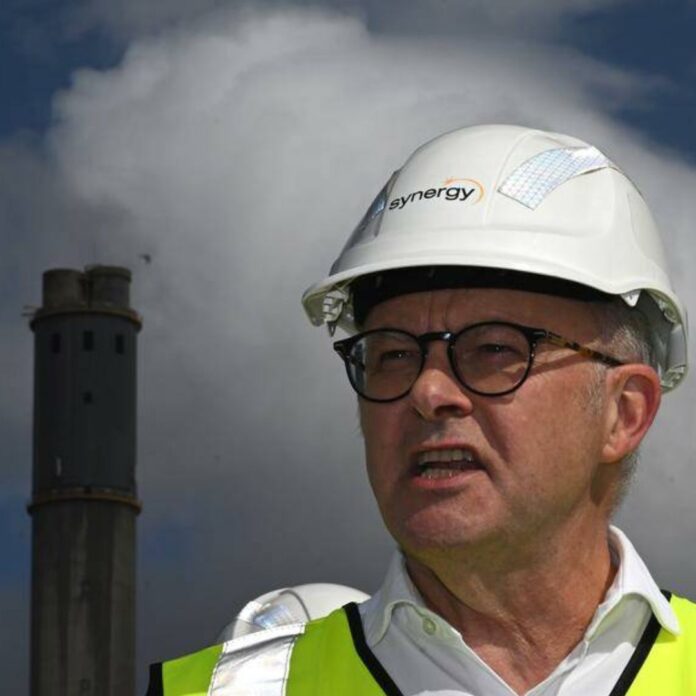Australia is taking a big and bold step to protect something very valuable hidden beneath its land — critical minerals. This includes important materials like lithium, nickel, cobalt, and rare earth elements such as neodymium. They are used to make everyday things like smartphones, batteries for electric cars, wind turbines, and even parts for clean energy machines.
Even though Australia has a lot of these important minerals, most of them are sent to factories in China. There, they are processed into finished materials that are then sold to the rest of the world. China today dominates this market, handling close to 90 percent of the world’s rare earth element supply. This situation makes many countries nervous because they rely too much on China for materials that are critical to their industries, technology, and defense systems.
To fix this problem, Australia has decided to create its own stockpile of critical minerals. A stockpile is like a giant storage vault where the country will keep large amounts of these precious resources safely inside its own borders. This way, Australia will not have to depend so heavily on other countries. It will also be in a stronger position to support friendly nations who might need these materials in the future.
Australia is blessed with some of the world’s most abundant natural resources. The country has some of the biggest lithium deposits ever found. It is also a leading provider of rare earth minerals, which are not only scarce but also complex to refine. These resources are becoming more important every day as the world moves toward greener technology and smarter energy systems.
Building a National Reserve
The Australian government is setting aside a huge amount of money — about Aus$1.2 billion (around US$760 million)—to start building this new national stockpile. This fund will help Australia buy and safely store critical minerals at home. It will also be used to help create deals with trusted partner countries, allowing Australia to sell these important materials when needed.
Trump Targets Key Minerals Used in Phones and Missiles
Prime Minister Anthony Albanese shared that the government aims to “make better use of the vital resources the world demands and that Australia can deliver.” He pointed out that with a national stockpile, Australia will be able to decide the best timing, the best partners, and the best purposes for selling its minerals. This will give the country more power and flexibility in an unpredictable world.
Other major manufacturing nations like Japan, the United States, and Germany are also looking for new, stable sources of critical minerals outside of China. Japan has already built its own emergency stockpile of critical minerals. Meanwhile, the United States is pouring money into building metals refineries and improving technology so that it can process more minerals domestically.
Australia’s decision to create its own reserve puts it in a strong position to become a trusted supplier to these countries. It also helps protect Australian industries by ensuring that there is always a secure supply of the materials they need to build everything from electric vehicles to advanced defense systems.
A New Battlefield in Global Trade
Critical minerals are quickly becoming a new battlefield in the global trade tensions between the world’s biggest economies, especially the United States and China. Recently, former U.S. President Donald Trump ordered an investigation that could lead to new tariffs on Chinese goods. This move came after American leaders warned that depending on foreign countries for critical minerals could put their military and energy security at risk.
China has previously demonstrated that it can use its grip on rare earth supplies as a tool in political disputes. In 2010, during a major dispute with Japan, China stopped sending rare earth minerals to Japanese factories. This sudden move caused chaos for Japan’s car-making industry, which needed these rare minerals to create strong magnets for their motors.
Today, China not only controls most of the rare earth market, but it also bans the export of processing technology that would allow other countries to become competitors. It uses quotas and restrictions to manage how much supply other countries can access, keeping a tight grip on the global supply chain.
By creating its own critical minerals reserve, Australia is taking important steps to make sure it is not caught off guard. It is building a safety net for its economy, its industries, and its future partnerships. In these uncertain times, keeping control over valuable resources is seen as a smart and necessary move.


